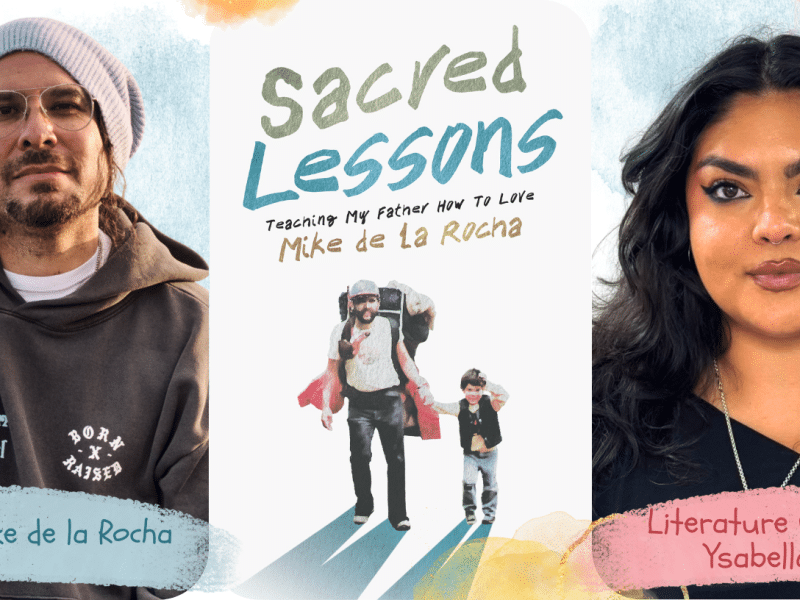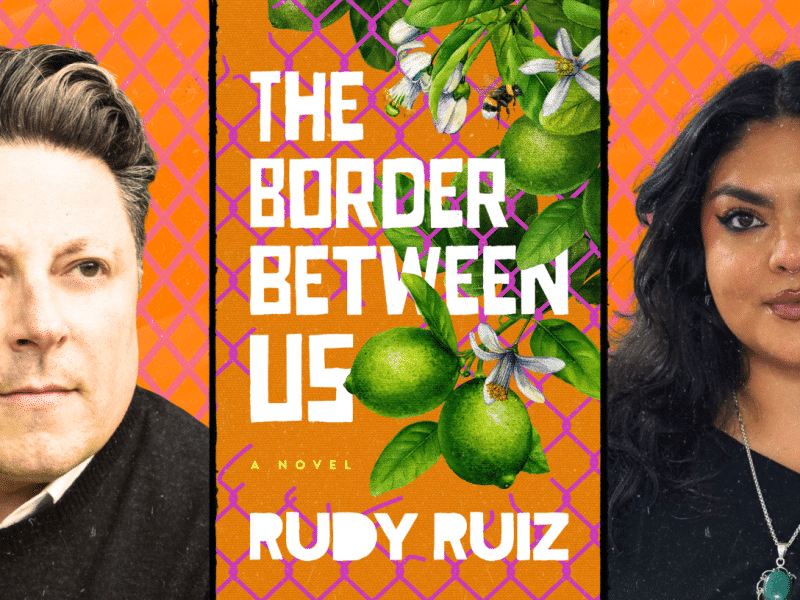Best-Sellers by Latine Authors Worth Reading in 2023
Latine authors in the U.S. have played a vital role in representing the experiences and perspectives of Latino communities. Here are some of their best-selling works.

Latine authors in the United States have made notable contributions to American literature and played a vital role in representing the experiences and perspectives of Latino communities. They have have also written best-selling books.
Coming from a wide range of cultural and linguistic backgrounds and often writing about their experiences as immigrants, their work has helped to enrich and diversify the literary landscape in the U.S. Their ability to tell stories that are often underrepresented in mainstream media, gives voice to the diversity of experiences that exist despite the tendency of mainstream media to lump the entire Latine community into one non-existing monolith.
These five best-selling books by Latine authors released in 2022 accomplish exactly that – the dismantling of the mythical Latine monolith. They each do a deep service to the community by adding their unique stories about what the American-Latine experience is really like.
“Why Didn’t You Tell Me?” by Carmen Rita Wong
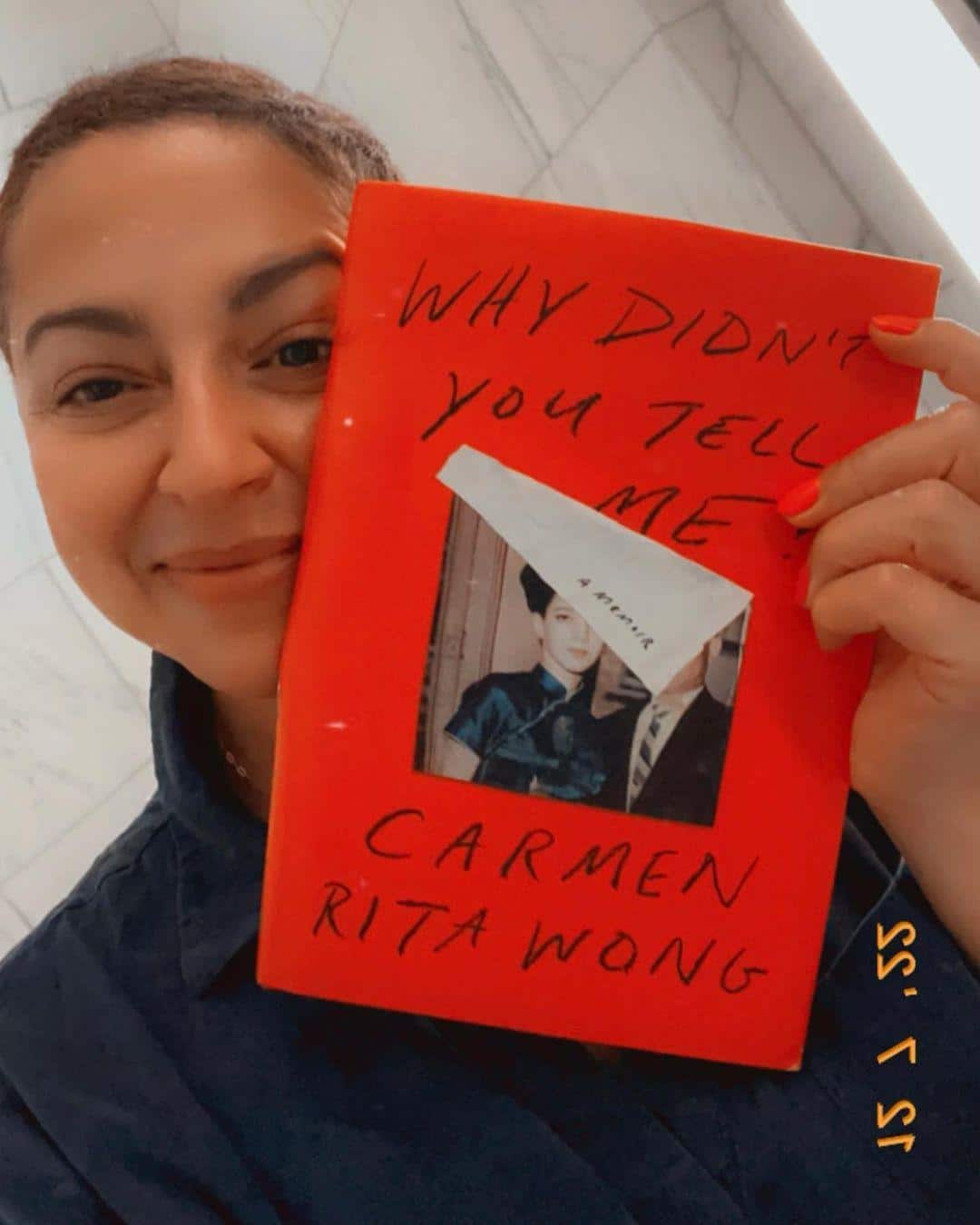
Carmen Rita Wong is a journalist, author, and television personality. She is best known for her work as a financial journalist and commentator. She has appeared as a guest on numerous television programs to discuss economic issues and personal finance. In addition to her journalism work, Wong is the author of several books on personal finance and economic issues.
When Carmen’s mom passed away, her lifelong secrets finally unraveled, shaking up Carmen’s fundamental understanding of her daily life, identity, and place in the world. She wanted to shake her mother’s soul by its shoulders and demand: Why didn’t you tell me?!
In this very raw, personal memoir, Carmen explores generational trauma, the psychology of resilience, and racial and cultural identity as she discovers and learns to cope with her mother’s long-held secrets.
“You Sound Like a White Girl: The Case for Rejecting Assimilation” by Julissa Arce
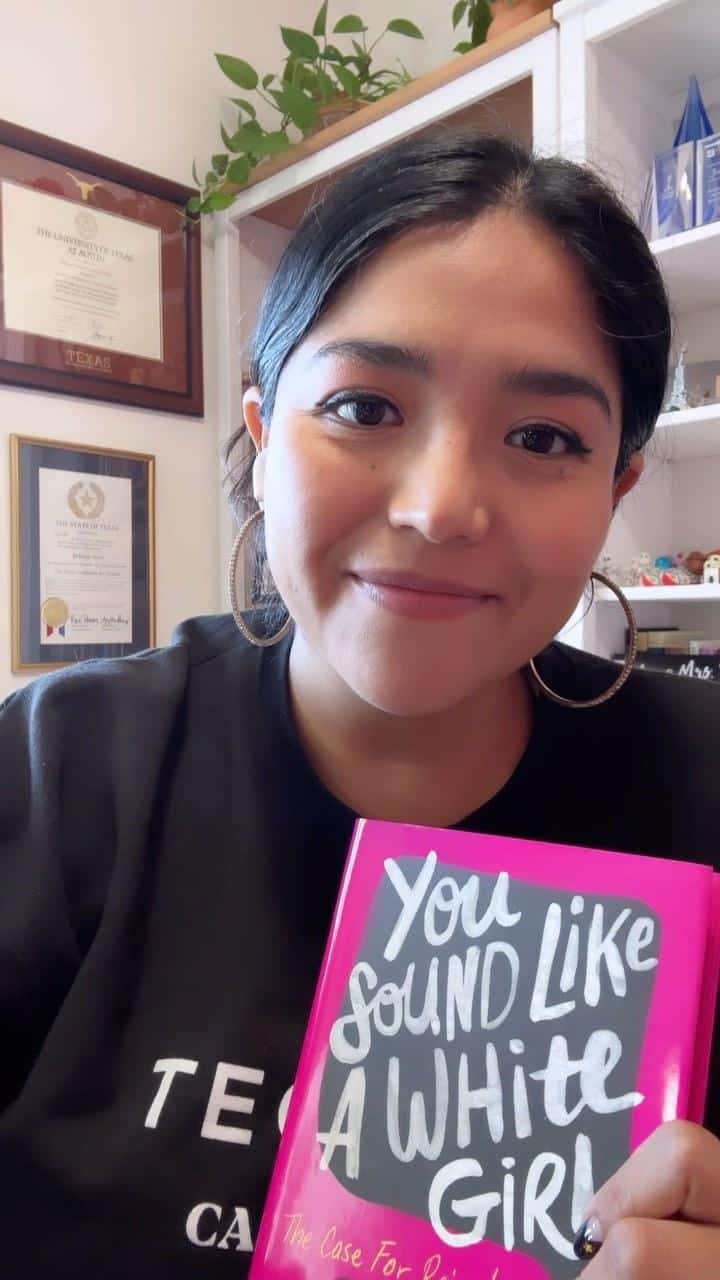
Julissa Arce is an immigrant rights activist, speaker, and author. She is known for her work advocating for the rights of immigrants, particularly those who are undocumented. Arce was born in Mexico and immigrated to the United States when she was 11 years old. She became a successful businesswoman, working at Goldman Sachs and other financial firms, but later dedicated her career to social justice activism.
Julissa believed that the secret to fitting in was to “sound like a white girl,” as in having no accent at all. But boy, was she wrong. In her book “You Sound Like a White Girl,” Julissa aims to dispel the myth many immigrants coming into the U.S. are often told: that assimilation leads to happiness and belonging. Instead, she encourages the celebration of our uniqueness, culture, origins, and heritage as she shares her own story and experiences as an immigrant.
“Illegally Yours: A Memoir” by Rafael Agustin
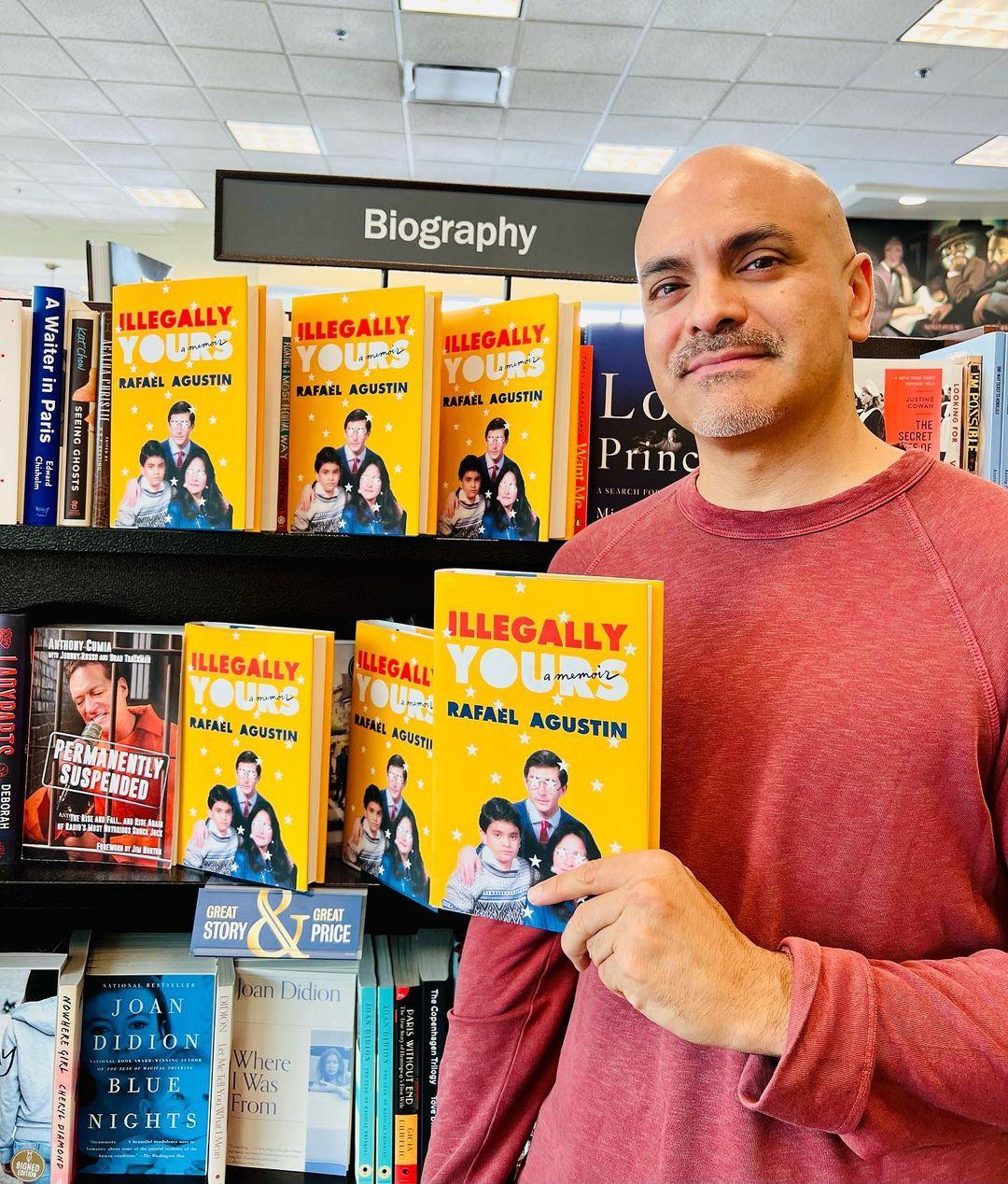
Rafael Agustín is a television writer and producer who has worked on several popular television shows. He is best known for his work on the award-winning CW show “Jane the Virgin,” on which he served as a writer and producer. Agustín has also written for other television shows, including “Superstore” and “Brooklyn Nine-Nine.”
While trying to get his driver’s license during his junior year of high school, teenage Rafael accidentally discovered his parents were undocumented immigrants. This revelation turned his life upside-down and made him question his sense of belonging and identity. “Illegally Yours” is a hilarious and heartwarming tale of how his family’s secret became their struggle, and their struggle became their hustle. As Rafa’s mom told him: “dreams should not have borders.”
Find it as a Hardcover, eBook, or Audiobook: “Illegally Yours: A Memoir” by Rafael Agustin
“Lighter: Let Go of the Past, Connect with the Present, and Expand the Future” by Yung Pueblo

Yung Pueblo is the pseudonym of Diego Perez, a spiritual teacher, author, and social media influencer. Perez is known for his work as Yung Pueblo, through which he shares teachings and insights on spirituality, mindfulness, and personal growth.
Moving forward and healing oneself is never easy, but there are steps we can take toward starting that journey. In his book, Yung Pueblo shares his own path to healing after years of using drugs that were taking a toll on his mind and body, and while he’s still on that journey, he shares with us the first few steps to moving forward. From learning self-compassion to letting go, we can grow stronger, and the burdens we carry will finally become lighter.
“Neruda On The Park” by Cleyvis Natera

Cleyvis Natera is an acclaimed essayist, short fiction writer, critic, and novelist born in the Dominican Republic and raised in New York City. She worked a corporate job in insurance for two decades before becoming a full-time writer. Upon the publication of her debut novel “Neruda On The Park,” it was selected as May 2022 New York Times Editor’s Choice and as the June 2022 pick for Nobel Laureate Malala Yousafzai’s Fearless Literati Book Club.
An exciting debut novel about members of a Dominican family in New York City who take vastly different routes when faced with impending gentrification, “Neruda On The Park” crafts a vibrant tapestry of community as well as the sacrifices we make to safeguard what we love most in a beautifully detailed depiction of family, friendship, and ambition.


